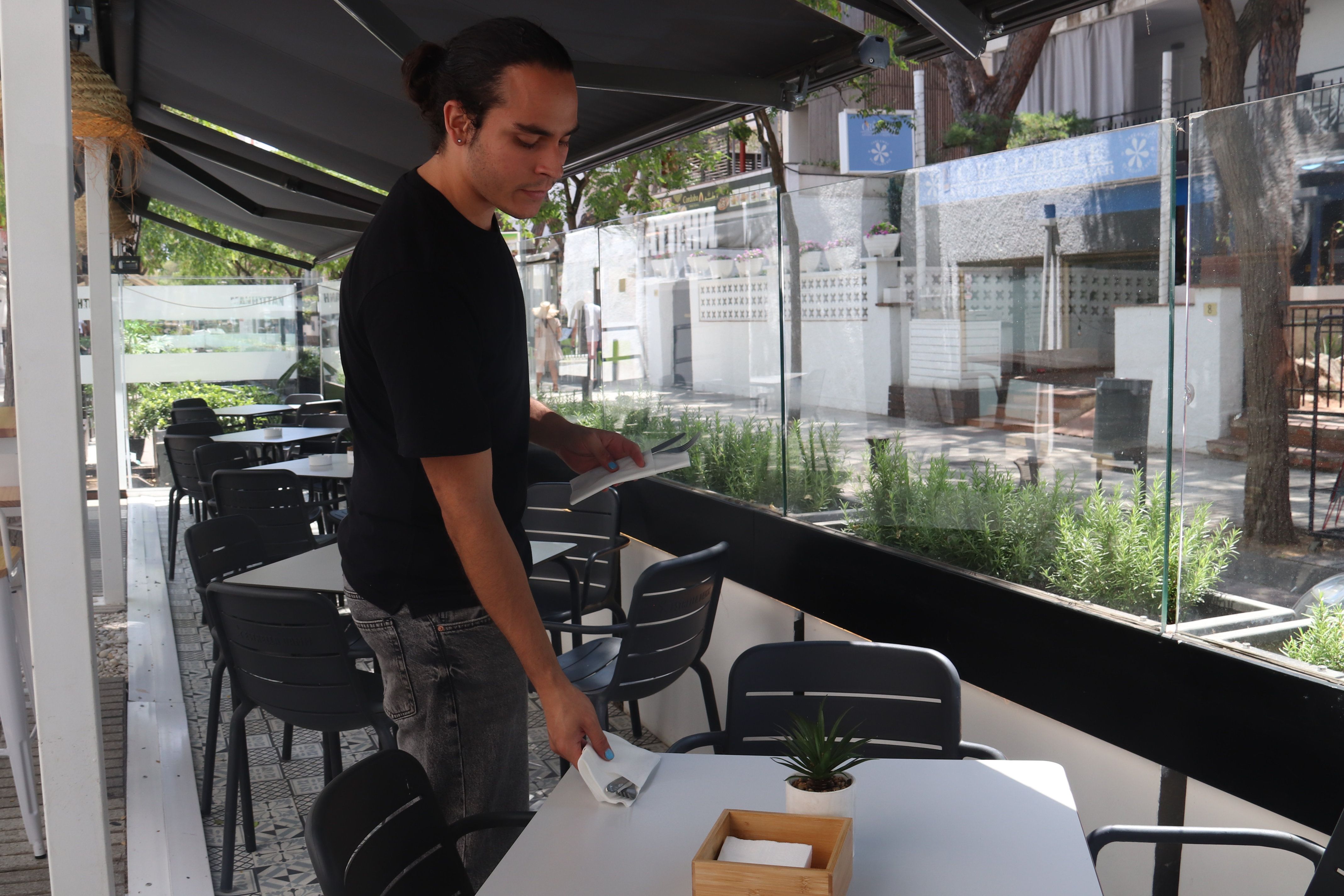
What if we talked about pasta in a business newspaper? Let’s loosen up a bit, shall we? All this excessive propriety and shyness isn’t doing us any favors. So, let’s talk about pasta—but the real kind. The true Catalan pasta doesn’t hurt anyone, and every now and then, when our wallets allow, it lets us enjoy a fine plate of linguine profumate al limone at a reputable Italian restaurant.
Plain and simple: you can make pasta (cash, money, dough) with the Catalan language. Are we quoting Marc Ribas from Joc de cartes? Not that we know of—we haven’t asked him—but judging by his success, it wouldn’t be surprising. Still, the person who does make this claim is Antonio Di Paolo, vice-dean of research and doctoral studies at the Faculty of Economics and Business at the University of Barcelona, where he is also a professor of Econometrics, Statistics, and Applied Economics.
This new Catalan, originally from Italy, has spent years studying the socioeconomic effects of language knowledge and language policy in Catalonia. In other words—and among other hypotheses—he analyzes whether there’s an empirical economic return for workers who know and use Catalan. The conclusion? A firm yes: the wage premium for people who can speak and write in Catalan is around 18%.
We usually associate such advantages with major global languages or, simply, with those protected by a national legal framework. The perceived security of use—guaranteed by the size of the market or full official status—makes these languages a form of cultural capital that can be leveraged in the job market for economic gain. These languages, in other words, serve purposes beyond the mere pleasure of knowledge. Put another way: in our inherited and deeply rooted belief systems, Catalan and other minoritized languages aren’t seen as tools for progress. At best, we praise the beauty of words like xiuxiuejar (to whisper), aixopluc (shelter), tendresa (tenderness), moixaina (caress), or becaina (nap). O mio Dio!
Here’s a telling symptom of that view. If you type the Catalan words paraules (words) and més (more) into a search engine, you’ll get this page. Do the same in French, and the first result is this one; in Spanish, you’ll land on a site showcasing the longest words in the language’s lexicon.
Di Paolo shakes us out of this daze of “useless beauty” by showing that Catalan does, in fact, have a measurable positive impact on both individuals and society. The methodology behind that 18% figure was shared during a presentation at the 15th Conference on the Use of Catalan in the Justice System (2024). His research asked whether “having a good command of Catalan improves the monthly income of immigrants from other autonomous communities or first- and second-generation foreign nationals.” To answer that, he applied an “econometric methodology that isolates the causal effect of language knowledge, separating it from the influence of individual characteristics and unobserved factors that might affect both language skills and labor market outcomes.”
For Di Paolo, “language proficiency is clearly linked to a greater capacity for socioeconomic integration, which in turn has a positive impact on various aspects of life.” If you’d like to hear more, check out the seminar “Language Economics and Policy” being hosted at the Faculty of Economics and Business on May 29–30.